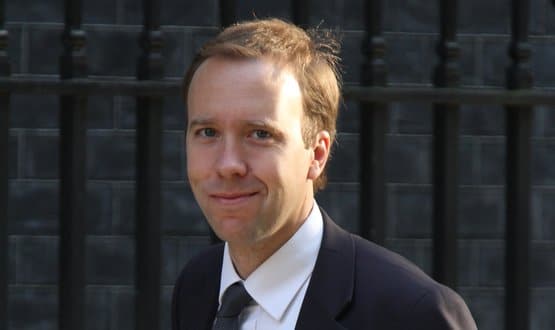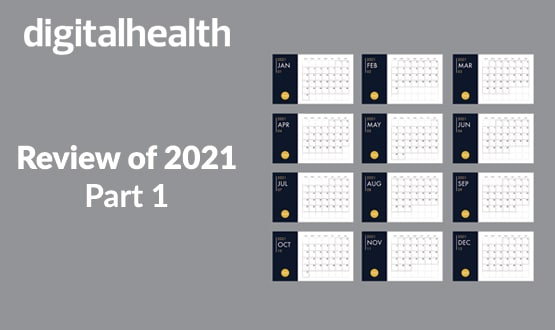Matt Hancock faces backlash for collaborating on TaxPayers’ Alliance report
- 25 April 2019

Health and social care secretary Matt Hancock has come under fire for collaborating on a report with an organisation seen by some as being anti-NHS.
In a foreword to a paper by the TaxPayers’ Alliance (TPA) on automation in the health service, Hancock welcomed the publication as “a timely and provocative intervention in this debate”.
“Whilst we don’t agree on everything, the TPA has a long history of challenging the status quo,” he said. “So I welcome the challenge to think even harder about how we can use technology and innovation to save money, time and ultimately lives.”
The report, Embracing technology in health and social care, claims £18.5 billion could be saved by 2030 across health and social care budgets if the NHS uses more automated services.
But the proposed savings come from a 2018 report by the Institute of Public Policy Research, which suggested that, though unlikely, jobs could be lost as a result of automation.
The report also provides no analysis of upcoming automation programmes that should be used, despite suggesting the government needs to spend more on technology.
It cites the two biggest barriers as interoperability and poor procurement processes – arguably not news to those with experience of the healthcare sector, and certainly something both the NHS and vendors are are already working to remedy.
The TPA – which describes itself as a grassroots campaign “to speak for ordinary taxpayers fed up with government waste, increasing taxation, and a lack of transparency” – has proved a highly controversial organisation, not least because the source of its funding is unknown.
Late last year it was revealed it had received at least £223,3000 in foreign donations, mainly from the US, but more details are not known.
It’s been reported to be one of several lobbying groups linked to a single address in Westminster that campaign for greater privatisation, and to form part of a global rightwing network that promotes free market capitalism.
It has previously called for an “insurance-based” model of healthcare.
Hancock’s collaboration on the report means he has faced a barrage of criticism on Twitter.
He was also present and gave a speech at the launch event for the publication.
Why is @MattHancock getting into bed with a shady, anti-NHS organisation that won’t reveal its funders, backers or conflicts of interest? https://t.co/7uc7Q9H5hM
— Dr Rachel Clarke (@doctor_oxford) April 23, 2019
Odd that a shadily funded group would want to introduce more private outsourcing to the NHS. Even odder that a government minister would get into bed with a group that won’t say where its money comes from.
— Stuart Walker #FBPE (@Isango8) April 24, 2019
Why not just be honest and say you’re going to privatise the NHS and open up it to American pharmaceutical companies after Brexit? You’d save so much of your funding and @MattHancock‘s time posing for editorial pieces
— Michael Miller (@millerinc) April 23, 2019
Absolutely worthless. Hancock is in the pocket of those who want to privatise the NHS & you are a dark money backed, rightwing ‘think’ tank.
Who funds you?
— Dianne (@orinoco99) April 24, 2019
Matt Hancock proving once again how keen he is to get the NHS sold off nice and quick. Who is funding you guys?
— the RMT Union groupie (@lobjob) April 23, 2019
Responding to the publication, shadow secretary for health Jonathan Ashworth said: “Instead of cosying up to outfits like this who don’t believe in a universal, publicly provided tax payer funded NHS, Mr Hancock would better off providing the NHS with the funding and staff needed to deliver the quality of care patients deserve”.
The TPA confirmed to Digital Health that it paid for the report out of its own budget, with no money from the Department of Health and Social Care (DHSC).
Matt Hancock’s office was contacted for comment but did not respond.
Hancock has previously come under fire for his praise of Babylon Health’s GP at Hand. The company has previously threatened to sue the CQC for any damages caused by a report that questioned the safety and effectiveness of its digital health services.



